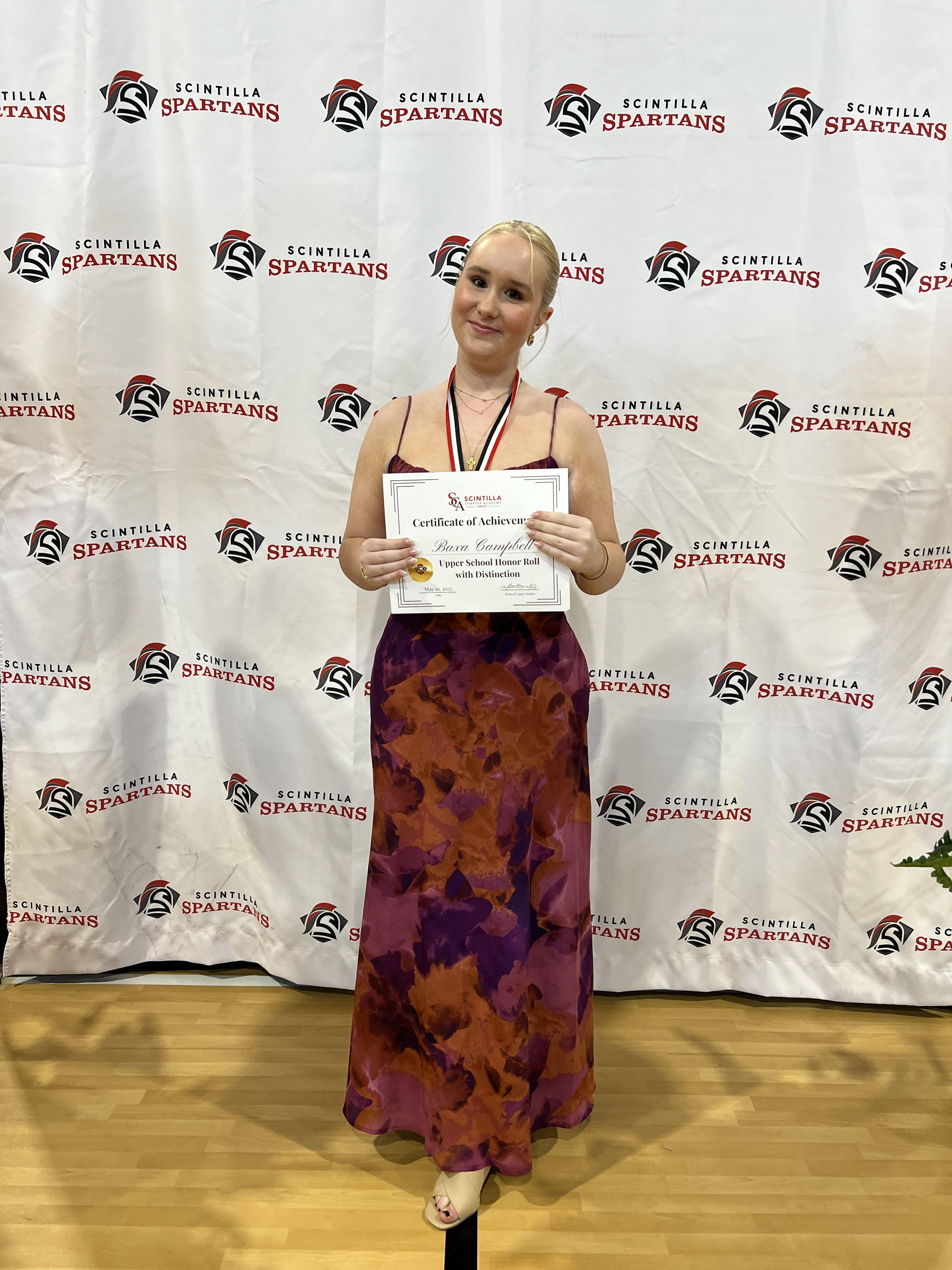VSU issues statement on viral baseball investigation
Published 3:45 pm Wednesday, October 25, 2023

- VSU logo
VALDOSTA – Valdosta State University issued a statement Wednesday morning with its findings from the viral baseball incident investigation involving a white university baseball coach and a Black player arguing about the player’s hair.
The statement said the investigation was conducted over a five-week period by a committee led from the university’s Office of Human Resources in response to allegations of racial discrimination and harassment against its current head baseball coach Greg Guilliams.
Commentators on the original TikTok recording post raised questions of racism and unequal treatment of the VSU baseball player, Asher Akridge. Neither party involved refers to or identifies the other by name during the recorded conversation.
The student will be invited to rejoin the baseball team and a review on the hair-length policy will be initiated by the VSU Athletic Department, the VSU report said.
“The head baseball coach will be required to participate in training focused on interpersonal and multi-generational communication, leadership, and conflict management,” the statement said.
The statement continued, “Based on these findings, the allegations of racial discrimination and harassment were not substantiated. Two violations of the Board of Regents of the University System of Georgia’s Code of Conduct (Policy 8.2.18.1.4) were substantiated, including (1) the requirement to act as a good steward of VSU’s resources and information entrusted to its care and (2) to treat fellow employees, students, and the public with dignity and respect.”
The Valdosta Daily Times requested more information with details on the investigation report.
The report showed six allegations were addressed during the investigation including an inconsistency in the application of the grooming policy; preferential or unfair treatment occurring within the baseball program; the coach arbitrarily changed the hair length rules and used it as a reason that Akridge could not be on the team; bullying; third-party complaints of student related matters and athletic concerns; and concerns of harassment, racial discrimination, and diversity.
Racial discrimination was defined as unequal or unfair treatment in professional opportunities, education, benefits, evaluation, and employment against an individual because he/she is of a certain race or because of personal characteristics associated with race (such as hair texture, skin color, or certain facial features). The report also defined harassment and bullying terms.
During the investigative process the committee interviewed both the student and coach; reviewed/transcribed videos; reviewed emails, text messages, and posts; researched relevant laws, policies, and procedures; and reviewed relevant notes and documentation.
They also invited 16 other people (4 staff and 12 student athletes) to meet; interviewed 6 staff and 7 student-athletes who were on the baseball team in Academic Year (AY) 22-23; and reviewed 12 statements written by current student athletes (5 people of color and 7 whites).
The statement said the coach initiated a team hair-length policy that was inconsistently applied to team members. Student-athletes of various races were allowed at times to remain non-compliant with the hair-length policy, including for months at a time, the report said.
“The consensus is that all the baseball players, including Mr. Akridge, were given the same rule and the same policy. However, based on the information received from those interviewed as well as pictorial documentation, different players (both minority and non-minority) were allowed to continue participating in practice and playing in games with hair length below their ears and touching their collar. During the 7 or 8 months that Mr. Akridge was on the baseball team, he also benefitted from the inconsistency in the application of the hair length policy as Mr. Akridge did have longer hair than multiple players but was also allowed to remain on the team and continue playing and practicing despite non-compliance with policy. While we also found inconsistency in the application of at least one other policy and/or rule, there were reasonable non-discriminatory justifications provided for the disparities,” the committee findings in the report showed.
The committee did not find that one race was adversely impacted more than another or that VSU’s head baseball coach targeted any one athlete when implementing the policy. However, evidence partly proved the policy inconsistency and the change in policy used as a reason for the student not to be on the team.
“While the positive result of the drug test (due to his failure to appear) does make Mr. Akridge ineligible to play baseball, it would not have prohibited him from being a member of the team or participating in the practices. At the time of the video, Mr. Akridge shared that he had cut his hair. The picture that he took when the video was posted indicated that his hair was off the ears and neck. Further, when he met with HR on August 23, his hair was off his ears and neck. While some of the other team members (both minority and non-minority) did have hair that was on their neck (untapered) and touching their collar, Mr. Akridge’s hair was in regulation at that point. While the decision could have included other reasons, including his belief that Mr. Akridge had quit the team, Coach Guilliams made it almost entirely about the hair length. As a result, the coach stated that the length of his hair was still not short enough to be on the team because he (Coach Guilliams) is the one that ‘sets the rules’ and he is the one who can ‘set whatever rule’ he wants,” the committee found.
Collected feedback from the overall perceptions of the interviewees found that the issue was not racial or discriminatory. Current players and alumni dating to 2007 who interacted with the coach also shared feedback to the committee. The report said their feedback indicated that Guilliams has never exhibited racially discriminatory behavior in the past.
“All the people interviewed (not counting the complainant and respondent) stated they believed that Mr. Akridge’s departure from the team was due to something other than race,” the report showed.





